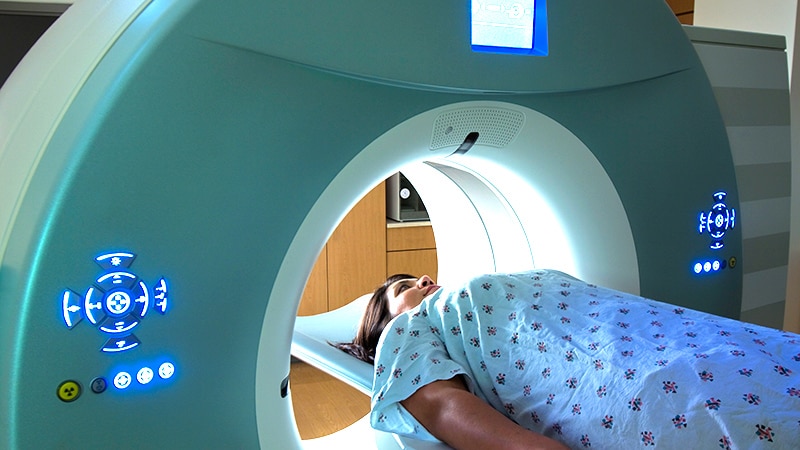A team of surgeons from Imperial College London have discovered a new biomarker for poor prognosis in patients with advanced high-grade serous ovarian cancer (HGSOC).
In research published in the British Journal of Cancer, the team identified and independently validated the prognostic biomarker in 136 patients with advanced HGSOC who had undergone complete gross resection (CGR) followed by adjuvant chemotherapy.
Candidate prognostic biomarkers were discovered in this cohort by Cox regression analysis, and validated by targeted RNA-sequencing in HGSOC cases from Imperial College Healthcare NHS Trust (n=59), and a public data set.
The study identified ALG5 as a prognostic biomarker for early tumour progression in advanced HGSOC despite CGR (HR, 2.42; 95% CI, 1.57-3.75; P<.0001).
The prognostic value of this new candidate biomarker was additionally confirmed in two independent data sets (HR, 1.60; 95% CI, 1.03-2.49; P=.0368 and HR, 3.08; 95% CI, 1.07-8.81; P=.0365). The prognostic value of the novel biomarker appeared to be independent from other well-known prognostic factors such as age, FIGO stage and molecular subtypes.
The authors say: “By combining with existing prognostic markers, ALG5 could be used as part of clinical pathway to guide treatment options. Hence, ALG5 expression may indicate a distinct biological mechanism reflective of post-operative remission, independent of therapeutic effort.”



